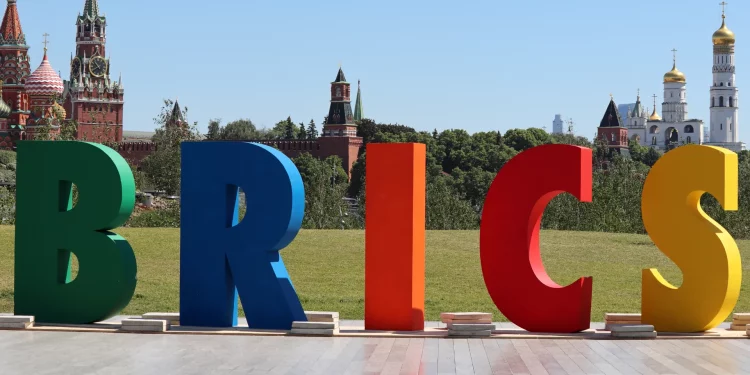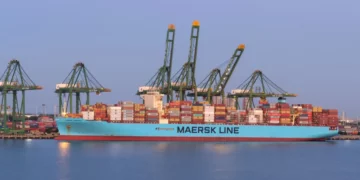BRICS has officially invited six other countries to join the group during their 15th annual summit in Johannesburg. The membership of the invited nations will begin in January next year if they accept. This will make Saudi Arabia, the United Arab Emirates (UAE), Egypt, and Iran the debutantes from the Middle East and North Africa (MENA) region, besides Argentina and Ethiopia, to join the alliance.
Brazil, Russia, India, China, and South Africa represent 40% of the global population and a quarter of the global gross domestic product. Despite such statistics, they haven’t made any major developmental decisions pertaining to the size of the member economies.
It has been in existence for almost 14 years, and the only major breakthrough of the alliance is the formulation of the New Development Bank, widely called the BRICS Bank. Since its establishment, the multilateral development bank has gathered deposits of $50 billion and has disbursed loans equivalent to $30 billion. Recently, it added the UAE, Egypt, and Bangladesh as investors besides the member nations.
Michael Tanchum, a nonresident fellow at the Middle East Institute, said that BRICS has managed to evolve as an international public forum to showcase its discontent with the monopolistic behaviour of the West and the United States in geopolitical matters and international affairs. Apart from the BRICS Bank, they have been unable to secure unison to build an institutional force to emerge as an alternative economic and security power.
Experts comment that one of the main reasons for the expansion of the group is to manoeuvre through the sanctions. This expansion has started gaining ample momentum, especially after the West levied numerous sanctions on Russia after its invasion of Ukraine.
The inclusion of Iran in the group has also been a result of these expansion policies. The invitation to membership to Iran is not as important as the backstage analogy associated with the move. Roberto Neccia, a former diplomat in Tehran and researcher on Iran, said that it is too soon to ascertain the future contributions of the Islamic Republic of Iran to the development of the group.
The Iranian Supreme Leader or the de facto ruler, Ayatollah Ali Khamenei, views the group membership as a significant turn for its international relations. He approaches the membership as a platform for developing political and economic relations with nations non-aligned towards the United States.
Developing a Dollar alternative
BRICS has been actively working towards accelerating the de-dollarization process for almost a decade. They had made efforts to launch a common BRICS currency, but it got delayed due to major blockades. The main trouble is boosting the use of alternative currency in global transactions where the dollar still enjoys the monopoly, with over 88% of all international transactions conducted in the US dollar. The dollar is also dominating, holding 58% in the global foreign exchange reserves.
Russia, China, and Brazil have moved to non-dollar currencies for overseas transactions and have tried to transition currency reserves from the dollar into gold.
The membership of Saudi Arabia and the UAE will enhance the economic power of the group. They are the largest energy producers from the Gulf region and have significant inflow and outflow of the US dollar for overseas trade. They could enable the bloc to deploy alternative currencies.
The major trouble in the decision-making of BRICS is the involvement of major global powers with diverse interests. The member nations have their own set of foreign policies based on national interest and security perspectives, and some nations have lacked unity due to their personal conflict. For instance, the founding members India and China are poles apart in their geopolitical framework and are also locked in a dispute over borders.
Restoring Saudi-Iran relations
The BRICS could also cater to resolve the conflict between Saudi Arabia and Iran diplomatically for economic benefits. Sebastian Sons, senior researcher at CARPO, said that the BRICS participation could be a game changer in the Saudi-Iranian relationship, and it could even change the dynamics to a strategic cooperation model.
China has recently evolved as a mediator in the geopolitical affairs of the Middle Eastern region. It brokered a Saudi-Iran deal to restore ties after decades of conflict and the halting of ties in 2016. China happens to be the largest trading partner for both nations and enjoys strategic relations with both Riyadh and Tehran. It could also put efforts for a reconciliation between the two nations on the BRICS platform as well.

















